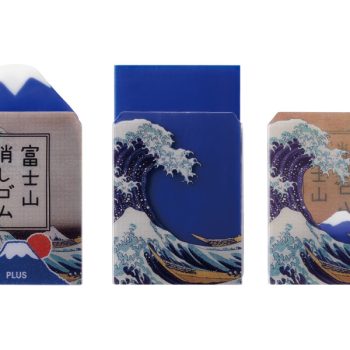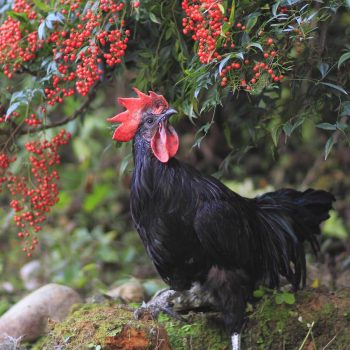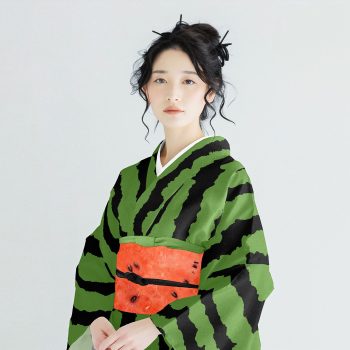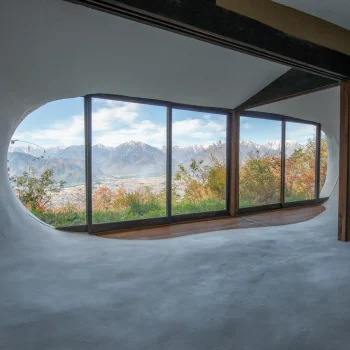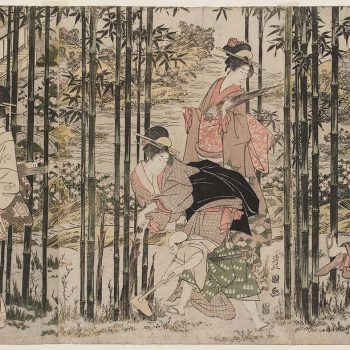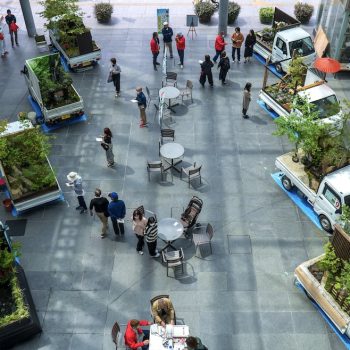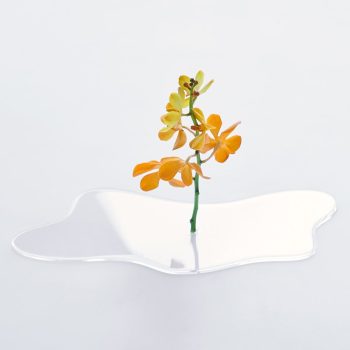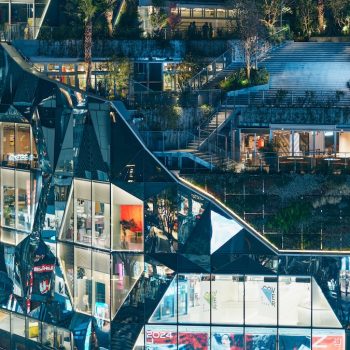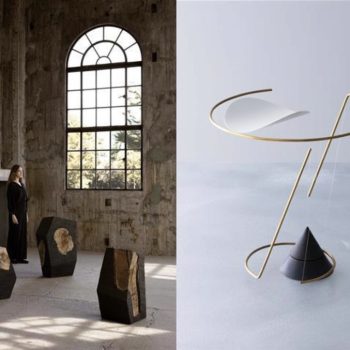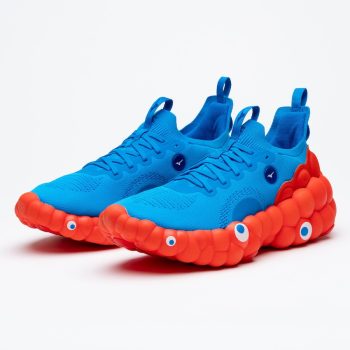When I was growing up in Tokyo my parents would sometimes take me to Yoyogi Park, or the streets of Harajuku, where groups of roller-zoku gangs would hang out and dance. I remember, as a 5 or 6-year old, being scared of them – they were so different from our other Japanese neighbors – but also mesmerized.

The New York-based photographer Denny Renshaw was also attracted to them. Having grown up in Jackson, TN, the birthplace of Rockabilly, he felt a deep urge to capture them on film. But coordinating any type of photo shoot turned out to be impossible: they have no online presence and no formal contact info. So with only vague knowledge of where and when they meet, Renshaw packed his bags and flew to Tokyo.
He recounts the incredibly odd experience of trying to make contact with them and get permission to shoot, on the Harmony Blog:
After several attempts to make contact (including one where he was required to play a word game with a fixer) and several more times having his shoot shut down before he was even able to begin (once by “Big Boss” a surly, tattoo-covered member of the tribe), Renshaw was finally able to capture the portraits he’d flown halfway around the world to make.
These portraits were captured over 5 weeks in 2013 and 2015, shooting at parks, parties, bars and music venues.
The Roller-zoku grew out of both 50s and 60s rock ‘n roll but also rockabilly because Japanese record labels at the time didn’t differentiate between the two, explains Renshaw. But it was the revival in the lat 70s that brought to life what we know as Japan’s Roller-Zoku. The groups are made up of both young and old, male and female. Their greased up pompadours and theatrical dancing can still be seen in Yoyogi Park on weekends.













